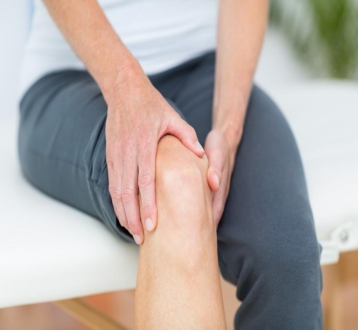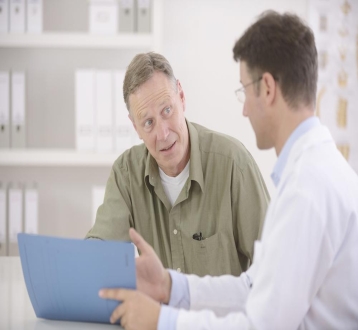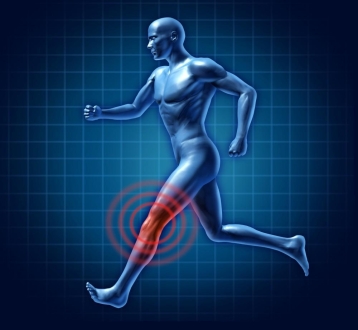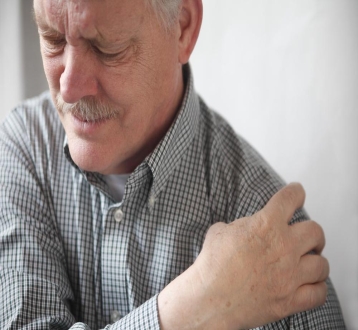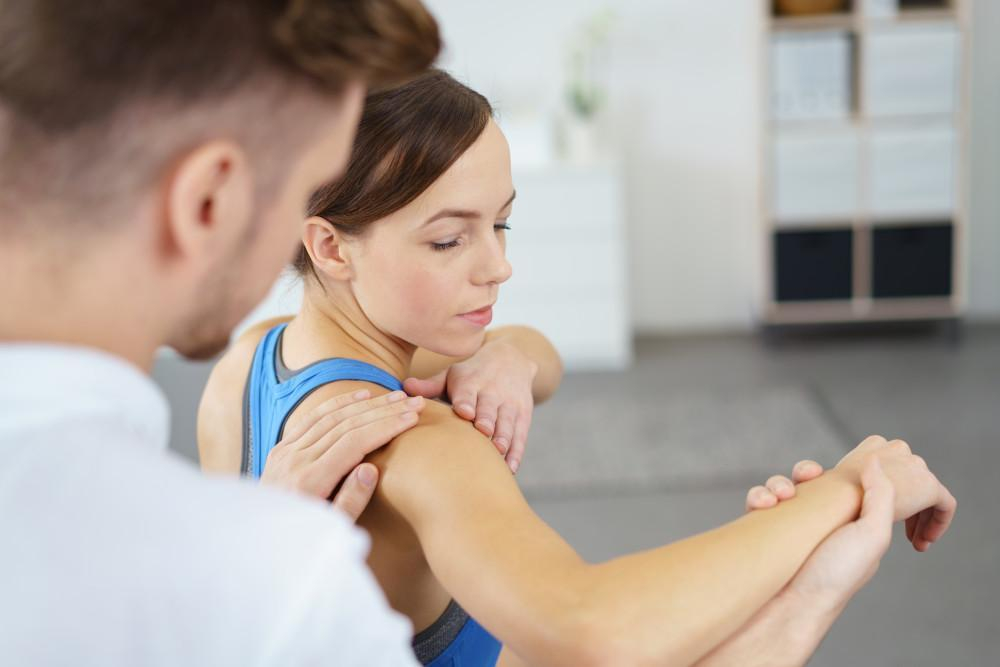
Rotator cuff injuries are remarkably common. Around 2 million Americans a year go to their doctor because of this painful shoulder condition. However, a simple rotator cuff injury can develop into a more complicated condition called rotator cuff arthropathy, where severe arthritis sets in at the location of the tear.
Otis R. Drew, MD, in Lafayette, Louisiana, is an experienced orthopedic surgeon who specializes in treating shoulder injuries. Treating a tear early is key in preventing rotator cuff arthropathy. With that in mind, here’s what you need to know about rotator cuff tears and rotator cuff arthropathy.
What is a rotator cuff tear?
Your shoulder has what’s called a ball-and-socket joint, where the ball of your upper arm fits into the socket of your shoulder blade and collarbone.
The socket is quite a shallow, and the ball is kept in place by your rotator cuff, a group of four tendons. These tendons keep the ball attached to the socket and enable you to lift and rotate your arm.
If one of the tendons suffers a tear, the support keeping the ball and socket together is weakened. This can happen by lifting something heavy or falling awkwardly. With this kind of tear you, can might feel it when it happens and seek treatment.
With a degenerative tear, it can occur over time, particularly in your dominant arm due to repetitive movement. You might be unaware that you have a torn rotator cuff and simply think the pain is down to your age.
What is rotator cuff arthropathy?
Rotator cuff arthropathy is distinguished from regular shoulder arthritis by meeting three conditions:
- There is a tear causing insufficient function of the rotator cuff.2. There is arthritis of the ball and socket.3. There is a shifting of the ball away from the socket.
Rotator cuff arthropathy can take years to develop as the tear slowly alters how the ball and socket work. An increased shifting of the ball away from the socket will cause irritation to the cartilage protecting your shoulder joint. This will cause the cartilage to wear down, and this will lead to arthritis over time.
With rotator cuff arthropathy, there’s often more weakness in the shoulder than with regular arthritis due to the tear. Furthermore, if you have rotator cuff arthropathy, you will likely experience pain, loss of mobility, and swelling around your shoulder.
How is rotator cuff arthropathy treated?
A reverse shoulder replacement is often the best solution. With this treatment, your ball-and-socket joint is replaced, only your ball and socket are reversed. Your new ball is attached to your shoulder region, and the new socket is attached to the top of your upper arm. This procedure will enable you to use your deltoid muscle for support and movement rather than relying on your compromised rotator cuff.
The best way to prevent rotator cuff arthropathy is to get any shoulder pain or weakness checked out as soon as possible to see if a tear is to blame. To find out the cause of your shoulder pain or to see if a reverse shoulder replacement might be right for you, book a consultation with Otis R. Drew, MD.

